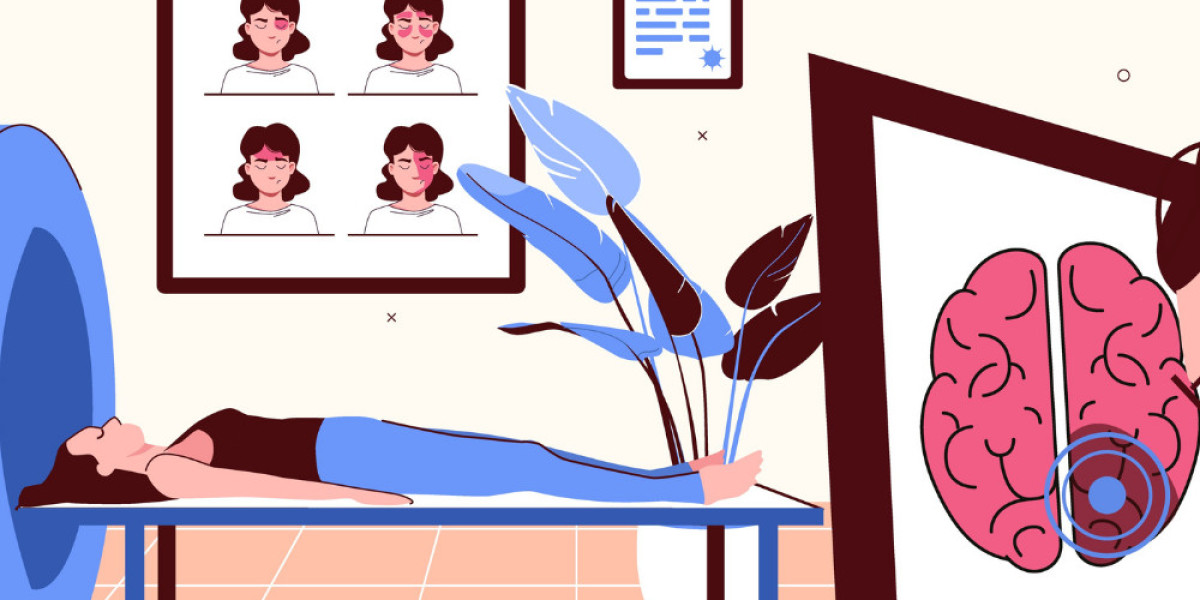The stigma surrounding mental illness creates significant barriers for individuals who need psychological support but hesitate to seek help. This stigma stems from societal misunderstandings and prejudices toward mental health issues, leading to feelings of shame, guilt, and isolation for those affected. Unfortunately, this societal bias not only prevents people from reaching out for the assistance they need but also impacts their overall well-being. Organizations like Samvedna Care are working to break down these barriers and provide the necessary support for individuals struggling with mental health issues.
Mental illness can affect anyone, but due to widespread misconceptions, people often feel judged or devalued. Instead of being seen as a health issue, mental illnesses are frequently viewed as personal weaknesses or moral failings. These outdated attitudes contribute to a culture of silence and avoidance, where individuals are more likely to suppress their emotions rather than seek professional help. This results in delays in diagnosis and treatment, which can worsen symptoms over time.
The stigma is so pervasive that even those who understand the importance of mental health support may be reluctant to reach out for help. They often fear judgment from family, friends, or even their workplace. This fear can manifest in a variety of ways, such as avoiding conversations about mental health or downplaying their own struggles to avoid being labeled as "crazy" or "unstable." This not only limits their ability to seek treatment but also impacts their personal and professional relationships.
Organizations like Samvedna Care play a crucial role in changing this narrative. By offering counseling and mental health services, Samvedna Care provides a safe and supportive environment where individuals can seek help without fear of judgment. They focus on creating awareness and educating the public about mental health, emphasizing that mental illnesses are medical conditions, just like physical illnesses, and require professional treatment. By doing so, Samvedna Care helps reduce the shame and stigma often associated with mental health challenges.
Moreover, stigma can also lead to internalized negative beliefs. When individuals believe the harmful stereotypes associated with mental illness, they may experience a diminished sense of self-worth. This can create a vicious cycle: the person is less likely to seek help, and their mental health continues to decline as a result. Professional support from institutions like Samvedna Care can help break this cycle by providing accessible resources and counseling to those in need.
In conclusion, the stigma surrounding mental illness is a major obstacle preventing individuals from seeking the help they need. It fosters fear, shame, and misunderstanding, creating a hostile environment for those affected. However, initiatives like Samvedna Care are instrumental in shifting the societal narrative by offering support, education, and a safe space for individuals to address their mental health needs, thus paving the way for healthier and stigma-free communities.








